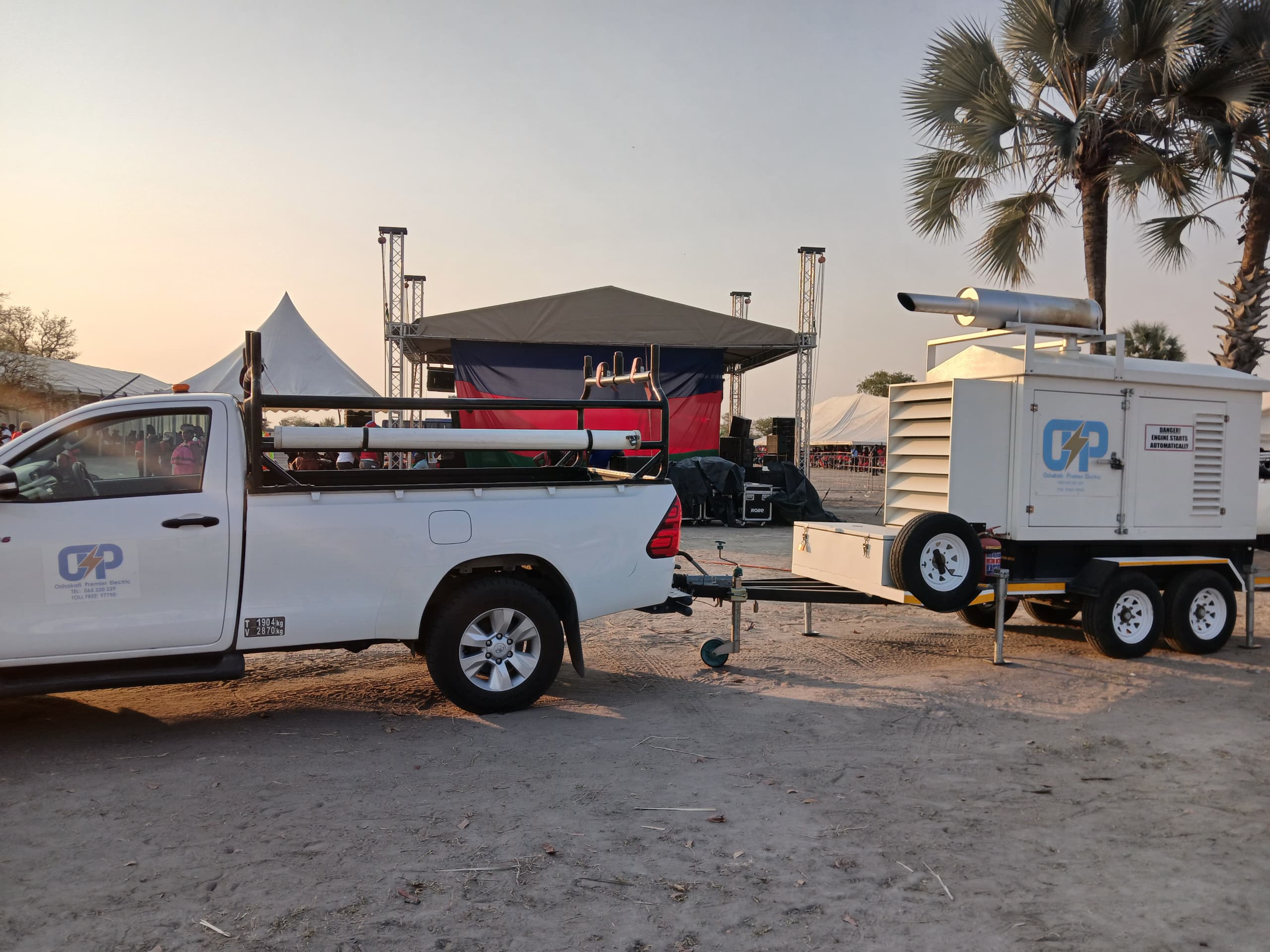THE financially troubled Agro-Marketing and Trade Agency (Amta) has closed its fresh produce distribution hubs until further notice after Fysal Fresh Produce, one of its biggest marketing agents, deserted the agency.
Amta was set up to support and guarantee a market for fresh produce farmers.
The institution’s Ongwediva hub, which is the largest in the country, closed its doors on 3 July.
There are presently ano agents at any of the agency’s hubs.
There are fears that the hubs might turn into white elephants as agents hesitate to go back, claiming bullying from Amta.
The fresh produce centres were meant to promote the marketing and trading of locally produced agricultural produce and have cost government millions of dollars to build.
Amta is part of former president Hifikepunye Pohamba’s most ambitious and cherished agricultural project. It was established as part of Vision 2030’s commitment to ensuring food security. Pohamba inaugurated the Ongwediva centre on 4 March 2013.
The agency’s spokesperson, Meke Namindo, confirmed the halt in the hub’s operations to last Wednesday. “Currently, there are no agents at any of the hubs. Amta needs six agents at each of its hubs (Ongwediva and Rundu) as per the available floor space. The Windhoek distribution centre can only accommodate one agent,” she said.
Namindo added that Amta has engaged the agents on returning. Most of them have given a positive indication to continue.
“(However) due to the processes of setting up again, it is not a fast process to reorganise and continue at the hubs immediately, but this is work in progress,” she said.
Meanwhile, some of the agents spoke to expressed mixed feelings over returning to the distribution centres.
Terence Harty, who operated the Stampriet Farmers Market as a wholesale agent, said they moved out of the hub early this year as they had been given three months to vacate the Ongwediva hub.
“They said they will start buying from farmers themselves. The order came from the ministry of agriculture. I am no longer their agent,” Harty said.
He explained that after the eviction, he moved his operations and his people to Windhoek, where he found a new place.
“They contacted me to return. It is logistically impossible to go back. What must I do with my people? Must I move them back?” he asked.
Another agent, who spoke to The Namibian last week and refused to be named, indicated that they had to lay off workers.
“They gave us three months’ notice to leave. We are business people, and do not want to be pushed around. We expected them to have discussions with us before making the decision, but instead they invited us for an emergency meeting, which most of us could not attend.
They called us back for two months. But what will happen after two months; must we leave again? Let them deal with their empty buildings. Let the minister intervene,” the agent charged.
Amta was mandated to procure fresh produce, facilitate agricultural marketing and trade in Namibia, and manage fresh produce business hubs around the country.
However, they adopted a model of using market agents (commission and wholesalers) who buy fresh produce from the farmers, and utilise the hubs for storage, if not selling directly to the market.
In February last year, Amta ceded control of its hubs at Ongwediva, Rundu in the Kavango East region and Windhoek in the Khomas region to South African company Fysal Fresh Produce, operating one of the biggest fresh produce retail chains in Namibia. The deal was heavily criticised in that Fysal was sourcing produce from South Africa, and trading it at the government distribution centres.
The agreement signed by Ongwediva Amta regional manager Jacob Hamutenya on behalf of the agency, and Fysal Brenner, the private company’s executive chairman, stipulated that Fysal must have produce on their floors at all times to meet monthly targets, as well as procure sufficient produce to keep the hubs busy.
Hamutenya refused to comment, referring The Namibian to Namindo.
The agreement further stated that Fysal should provide a N$150 000 bank guarantee, or pay cash to Amta’s trust account, in addition to paying a monthly rent of N$3 500 for floor space and the cold room, as well as for utilities such as forklifts, bins, crates and pallets at Ongwediva.
Prime minister Saara Kuugongwela-Amadhila visited the Ongwediva hub last year, and urged the agency to ensure that Namibia does not become a dumpsite for foreign produce by striving to develop capacity to withstand competition from foreign firms.
The closure of the hubs comes after Amta terminated its contract with the South African company, which was meant to “save” the agency.
Fysal was the last remaining private agent to operate from Amta’s Ongwediva hub.
The Namibian understands that Fysal was given an extended contract of three months to allow Amta ample time to come up with a plan, but the company refused.
Stay informed with The Namibian – your source for credible journalism. Get in-depth reporting and opinions for
only N$85 a month. Invest in journalism, invest in democracy –
Subscribe Now!






